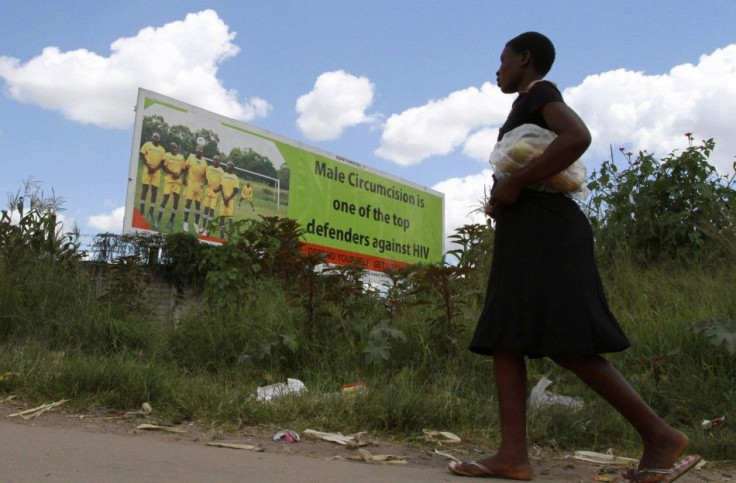The Diamond Queen Of Africa: Zimbabwe To Crown Plus-Sized Beauty In A Starving Country

It will be a full-figured Friday night in Zimbabwe this week as plus-sized women from across the African continent gather to compete in a pageant with hopes of being crowned the Diamond Queen of Africa. The annual competition, now in its third year, used to be called Miss Curvy Africa. Models from across the continent were invited to participate, provided they wear a size 12 or larger. Event organizer Mercy Mushaninga, a former model from Zimbabwe, told the newspaper Namibian on Thursday that the countries represented would include Tanzania, Uganda, Kenya, Namibia, Angola and South Africa.
The contest will take place at the Rainbow Towers Hotel and Conference Center, a sleek golden building with a glittering glass facade, located downtown in Zimbabwe's capital city of Harare. The "diamond" in the pageant's name might be a reference to one of Zimbabwe's most valuable resources. Diamond production last year was around 8 million carats, worth $865 million. But beneath all the glitz are some sobering realities. More than half of Zimbabwe's population lives in poverty, and the region is facing serious nutrition problems. According to UN data, 5.5 million people faced food shortages in southern Africa last year. In Zimbabwe alone, about 1.6 million people were food-insecure (in a country with a population of 12.8 million).
These problems are most serious in rural areas, so perhaps they'll be out of sight and out of mind inside of Harare's Rainbow Towers on Friday evening. Furthermore, mining revenues -- especially from those diamonds -- are highly prone to embezzlement and squandering in Zimbabwe, which boasts one of the world's most-corrupt administrations. Robert Mugabe, 89, just won another national election after 33 years in power -- despite a record for disastrous fiscal mismanagement and broken promises on development and growth.
On the bright side, the Diamond Queen of Africa will be tasked with spreading awareness about orphaned children and helping to publicize development projects across the continent. "We have realized that we can do more than just branding women as being curvy and ending there," Mushaninga said. "The idea we have is that when women look at themselves in the mirror they not only see beauty but also realize the responsibility they have."
Curvy women could indeed make for effective promoters of women's empowerment. Generally speaking, the rail-thin standard of beauty so often pushed by Western media hasn't taken a strong hold in Africa. Across the continent, full-figured women are featured more often in advertisements, magazines and television programs.
But whomever is crowned the Diamond Queen will have to pull off a balancing act to promote a healthy lifestyle. When it comes to body mass index, Africa is a continent of extremes. Food insecurity and malnutrition are rampant, but some countries are struggling with an obesity epidemic, along with all the health problems that go with it. More than half the women in both South Africa and Swaziland, for instance, are overweight.
The Diamond Queen will certainly have a lot of hot-button political and social issues on her plate -- but first, she'll have to beat out the competition. Four princesses will be named to receive $1,000 each on Friday night, while the queen will walk away with $3,000.
© Copyright IBTimes 2024. All rights reserved.











